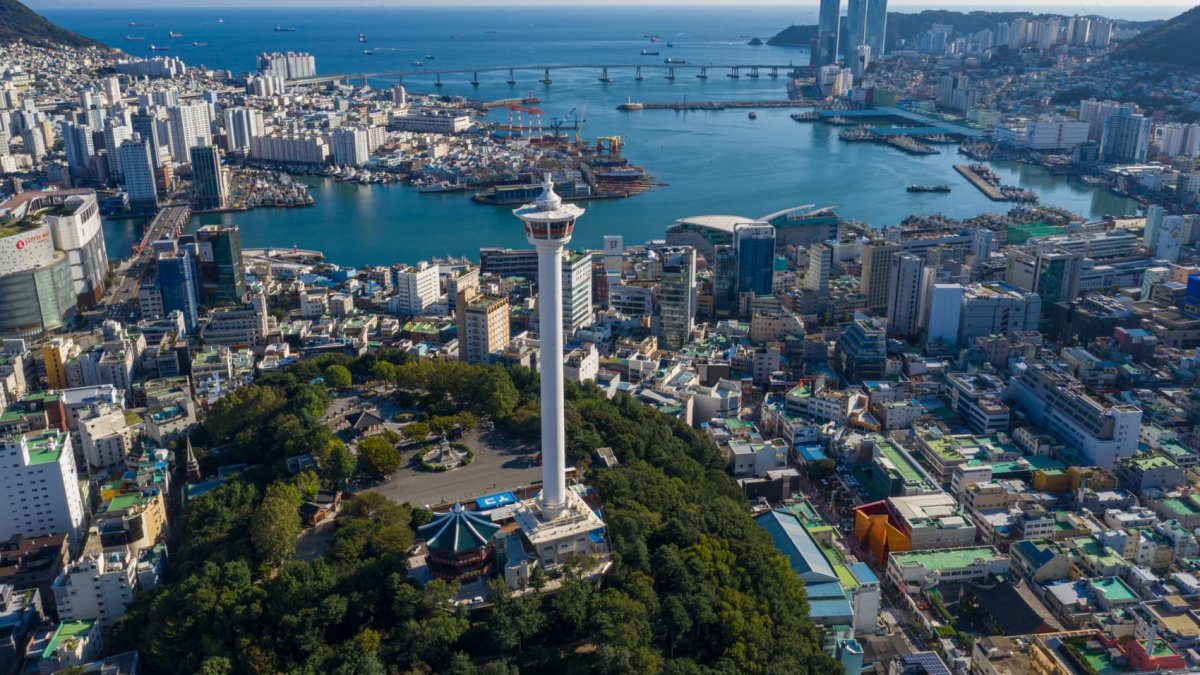This is CNBC’s live blog covering Asia-Pacific markets.
Asia-Pacific markets mostly fell Tuesday as investors continued to assess global trade climate after U.S. President Donald Trump deferred 50% tariffs on European Union imports.
Japan’s benchmark Nikkei 225 fell 0.19% while the broader Topix index was flat.
In South Korea, the Kospi index declined 0.49%, reversing course from its three-month high in Monday’s session, while the small-cap Kosdaq dropped 0.12%.
Mainland China’s CSI 300 index retreated 0.56% in choppy trade, while Hong Kong’s Hang Seng Index was down 0.3%. China’s industrial profits rose 1.4% in April, compared to 0.8% the month before.
Meanwhile, India’s benchmark Nifty 50 started the day 0.49% lower, while the BSE Sensex fell 0.63%.
Over in Australia, the benchmark S&P/ASX 200 added 0.33%.
U.S. markets were closed on Monday for the Memorial Day holiday.
U.S. futures jumped as investors welcomed Trump‘s postponement of tariffs on imports from the European Union.
Dow Jones Industrial Average futures added 407 points, or 1%. S&P 500 futures climbed 1.1%, while Nasdaq 100 futures popped 1.3%.
— CNBC’s Alex Harring contributed to this report.
HK-listed Chinese bubble tea companies gain sharply
Shares of Chinese bubble tea companies gained Tuesday, despite weakness in the Hang Seng Index.
Strong moves were seen in Mixue which jumped as much as 9.21% Tuesday, reversing course from four consecutive days of decline.
The company, which is known for its milk tea, fruit drinks, ice cream and coffee, has seen substantial investor interest given its popularity among consumers and strong international expansion plans. Its shares have more than doubled since its listing on Mar. 3.
Other Chinese bubble tea companies listed in Hong Kong also traded higher with Nayuki up 4.55%, while Sichuan Baicha Baidao surged 7.79% and Guming rose 7.85%.
— Amala Balakrishner
Japan loses top creditor status despite record high in net external assets

Aerial view of Mt. Fuji, Tokyo Tower and modern skyscrapers in Tokyo on a sunny day.
Germany has overtaken Japan as the world’s largest creditor nation, ending a 34-year record for the East Asian nation.
Japan’s net external assets hit 533.05 trillion yen ($3.73 trillion) in 2024, rising 12.9%, or 60.9 trillion from the year before, data released by its Ministry of Finance Tuesday showed.
However, the increase in net external assets was still smaller than Germany’s, which held €3.5 trillion ($3.78 trillion) at the end of 2024. Meanwhile, China placed third with $3.3 trillion in net financial assets.
Japan’s rising interest rates and shift toward conventional monetary policy made its domestic assets more attractive, reducing the incentive for investments to flow abroad and weakening its net creditor position.
Net external assets, also known as the Net International Investment Position, measure the difference between a country’s foreign assets and what it owes to the rest of the world.
— Amala Balakrishner
Meituan shares slip to eight-month low on intensifying competition
Shares in Meituan fell as much as 5.49% on Tuesday after briefly hitting an eight-month low earlier in the session.
This marks the Chinese food delivery platform’s second consecutive day of decline and comes after it cautioned that its second quarter would likely be hit by increased competition in so-called “instant retail”.
The company’s CEO Wang Xing told analysts on a post-earnings call Monday that it was “impossible” to give accurate financial guidance for the rest of the year amid stiffer competition.
His comments come even as Meituan’s revenue rose 18% year on year to 86.6 billion yuan ($12.1 billion) in the three-month period ended March, above the 85.4 billion yuan forecast by analysts on LSEG.
— Amala Balakrishner
Shares in China’s BYD extend decline for second day
Shares of BYD continued to decline for the second day on Tuesday, as investors assessed the Chinese electric-vehicle giant’s price cuts on May 23.
Its shares fell as much as 2.96% in early trade Tuesday, following a plunge of over 9% the day before.
Read the full story here.
— Amala Balakrishner
Spot gold loses shine after U.S.-EU trade deal
Spot gold traded flat Tuesday as investors bet on a recovery in stocks and riskier assets following the U.S. extending its 50% tariff deadline on the European Union.
As at 8.41 a.m. Singapore time, the bullion trading at $3,343.91 per ounce.
The precious metal — which is a traditional hedge against political and financial instability — declined 0.7% on Monday following the announcement of the trade deal.
— Amala Balakrishner






